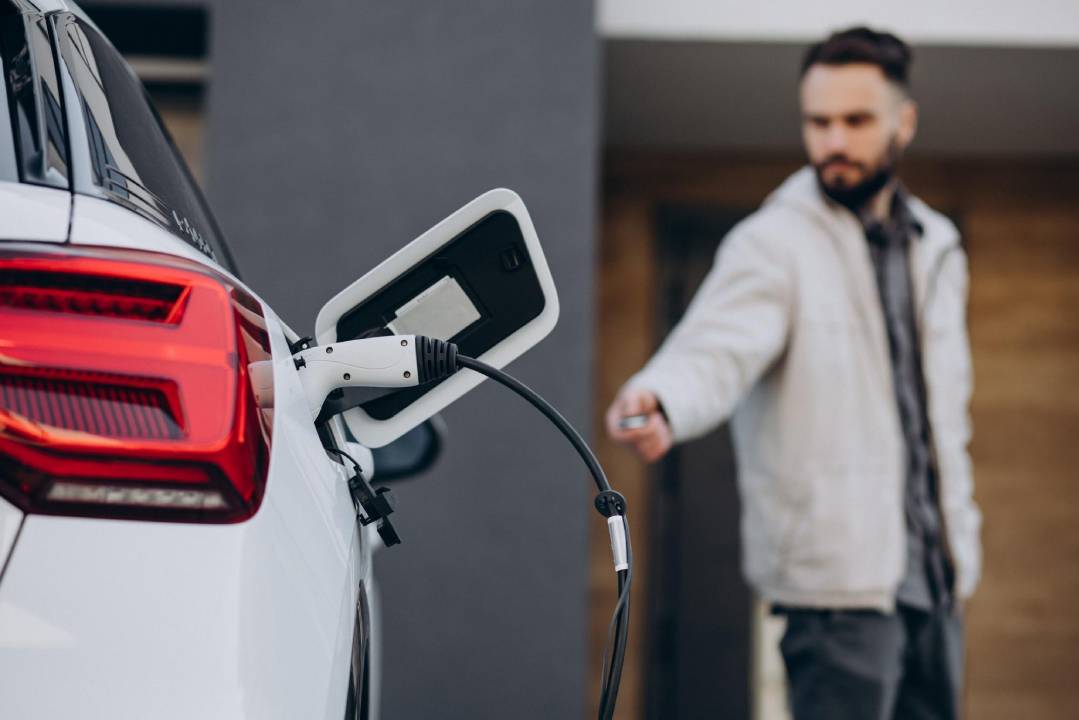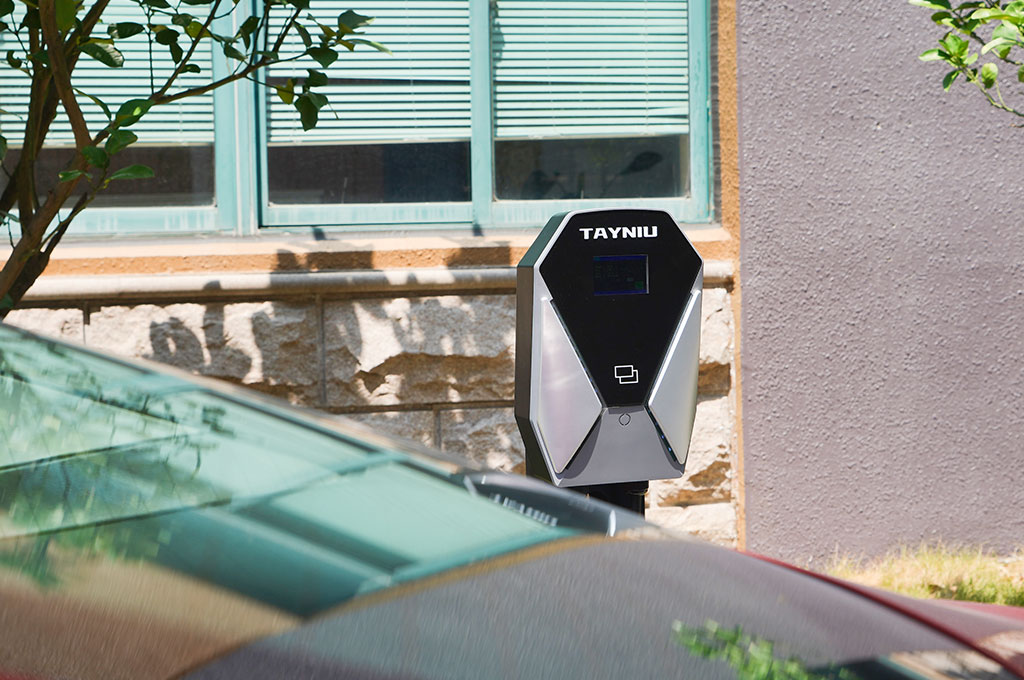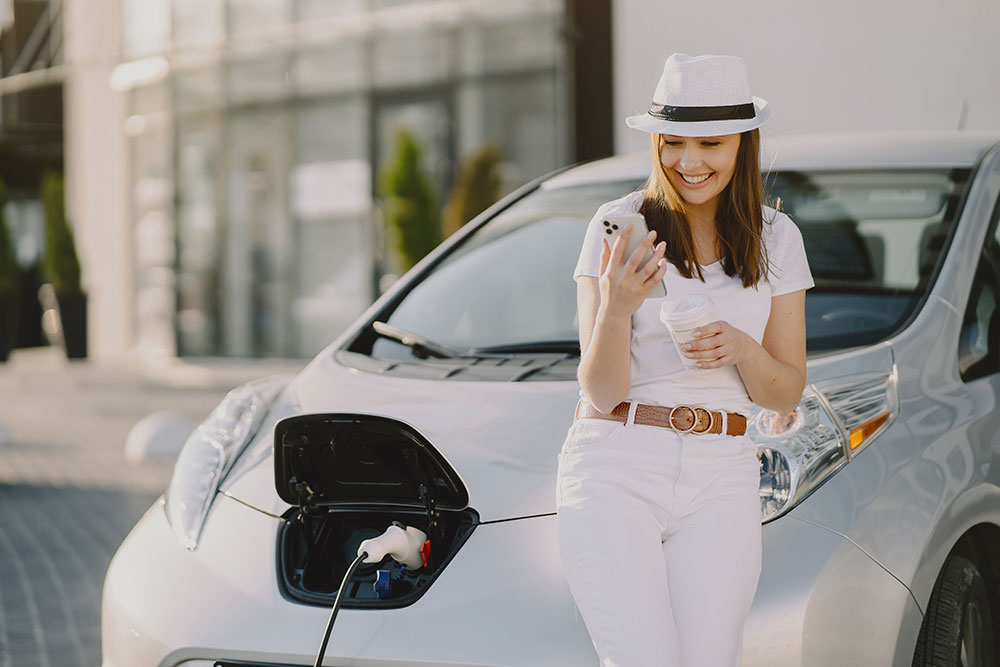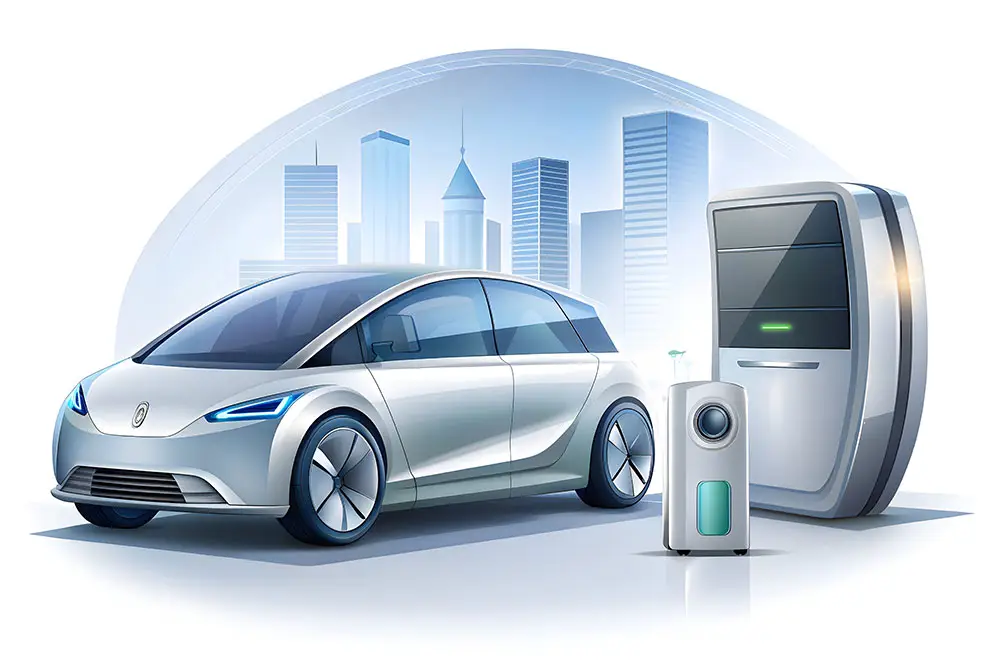As electric vehicles (EVs) become more popular, one question comes up for nearly every new EV owner: how do I charge my car? While there are various charging standards available, the J1772 charger stands out as a reliable and versatile solution. Whether you’re a first-time EV owner or an experienced driver, understanding why the J1772 charger is essential can save you time and frustration. Let’s dive into why this charging solution is a must-have for your electric vehicle.
What is the J1772 Charger?
The J1772 charger, also known as the “J-plug,” is a standard connector used in North America for Level 1 and Level 2 charging. It’s the go-to charging option for most non-Tesla electric vehicles. The J1772 charger is highly compatible, meaning it works with a wide range of EVs from brands like Nissan, BMW, Chevrolet, and many more. Even Tesla vehicles can use the J1772 charger with a simple adapter, making it a versatile option across the EV spectrum.
Case Study: Sarah’s First EV
Sarah, a new EV owner, recently bought a Nissan Leaf. She was initially overwhelmed by the various charging options, but after a quick consultation with her EV dealer, she realized that most public and home charging stations use the J1772 charger. She installed a Level 2 J1772 charger at home, allowing her to charge her car overnight and wake up to a full battery every morning. The convenience and reliability were exactly what she needed as a busy professional.
Key Benefits of the J1772 Charger
1. Universal Compatibility
One of the standout features of the J1772 charger is its universal compatibility across most non-Tesla electric vehicles. This means you won’t have to worry about finding the “right” charging station; the J1772 charger is widely available and used at both home and public charging points. For Tesla owners, a simple adapter makes it just as easy to use.
2. Easy to Use
The J1772 charger is designed for ease of use. Simply plug it into your EV, and the charging process begins automatically. There’s no complicated setup or settings to worry about, making it ideal for new EV drivers who may not be familiar with charging technology.

3. Safe and Reliable Charging
Safety is a top concern for EV owners, and the J1772 charger excels in this area. It has built-in safety features that prevent overcharging, overheating, or electrical issues. This peace of mind is crucial, especially for those who charge their vehicles overnight or leave them plugged in for extended periods.
4. Convenient Charging Locations
The J1772 charger is widely available, not only at home but also at public charging stations, workplaces, and commercial areas. This makes it incredibly convenient to charge your car wherever you go. Whether you’re on a road trip or just running errands, chances are you’ll come across a J1772 charger.
Case Study: Mike’s Road Trip
Mike, a frequent road-tripper, drives a Chevrolet Bolt EV. He loves the fact that he can find J1772 chargers in almost every town he visits. On his last trip, he stopped at a shopping mall, plugged his car into a J1772 charger, and had lunch while his EV charged up. By the time he finished his meal, his car was ready to hit the road again, making his trip stress-free and enjoyable.
J1772 Charger vs. Other EV Charging Standards
J1772 vs. Tesla Supercharger
While Tesla’s Supercharger network is known for its ultra-fast charging speeds, it’s primarily for Tesla vehicles. Non-Tesla owners will find the J1772 charger to be a more accessible and flexible option, especially for daily charging needs. It’s slower than a Supercharger, but more than sufficient for overnight or workday charging.
J1772 vs. CCS and CHAdeMO
Compared to the CCS (Combined Charging System) and CHAdeMO standards, the J1772 charger is more commonly found in North America, especially for Level 1 and Level 2 charging. While CCS and CHAdeMO are used for faster DC charging, the J1772 charger is ideal for regular day-to-day use.
How to Choose the Right J1772 Charger for Your Needs
When selecting a J1772 charger for your electric vehicle, there are a few key factors to consider:
1. Power Requirements
Level 1 J1772 chargers use a standard household outlet and provide slower charging, suitable for overnight use. If you want faster charging, a Level 2 J1772 charger can charge your vehicle much more quickly, but it requires a 240-volt outlet, similar to what you’d use for a home dryer.
2. Installation Considerations
If you’re installing a J1772 charger at home, it’s important to assess your electrical system. A Level 2 charger may require additional wiring or a dedicated circuit to handle the increased power draw. Be sure to consult a licensed electrician to ensure everything is set up safely.
Case Study: Emily’s Home Setup
Emily drives a BMW i3 and recently installed a Level 2 J1772 charger in her garage. With the help of an electrician, she upgraded her electrical panel to accommodate the charger’s needs. Now, she enjoys faster charging times and the convenience of never having to visit public charging stations unless she’s on a long trip.
Conclusion
The J1772 charger is an essential part of the EV experience for drivers across North America. Its compatibility, ease of use, safety features, and availability make it the go-to choice for most EV owners. Whether you’re charging at home, work, or on the road, the J1772 charger ensures your electric vehicle is always ready to go. If you’re considering an EV or looking to improve your current charging setup, investing in a J1772 charger is a smart move for long-term convenience and peace of mind.






